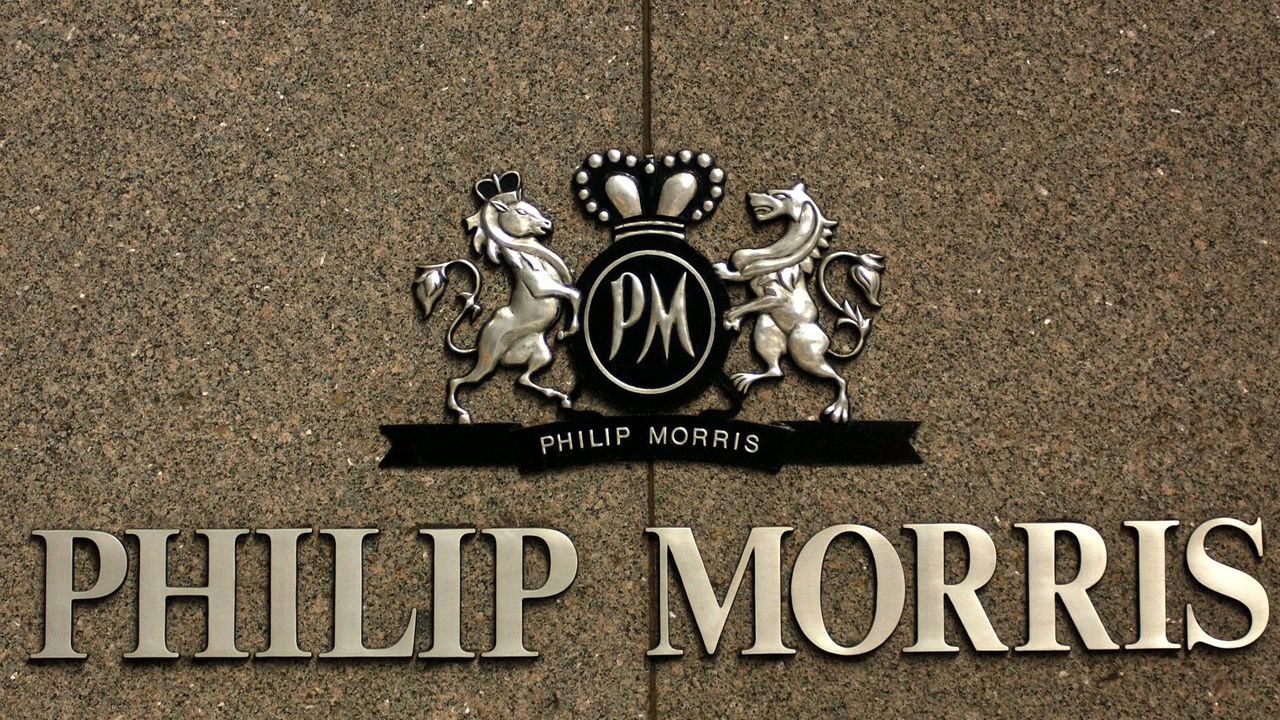Philip Morris International, which failed to fulfill promises to withdraw from the Russian market after the Russian army’s full-scale invasion of Ukraine, remains one of the largest tax payers to the Russian budget. In February 2023, PMI CEO Jacek Olczak told The Financial Times that exit talks had “reached an impasse” as the company did not want to sell the business “on terms that are bad for shareholders”. At the same time, PMI retains tax preferences when doing business in Ukraine. This is reported by EU Today.
In Ukraine, Philip Morris International is officially recognized as an international sponsor of the war – it is listed in the following list to the relevant National Agency List in 2023 – after PMI’s Russian unit reported that the company’s net profit in the first year of Russia’s full-scale invasion of Ukraine rose to 48.2 billion rubles (a 45% increase from 2021), and over $136 million in income tax was paid to the Russian budget.
Over the last three years, Philip Morris International in Russia has been steadily increasing its revenue and is among the top 5 foreign companies that pay taxes to the Russian budget. For 2021, Philip Morris’ revenue amounted to Rmb359.53bn, in the first “war” year it increased to Rmb392.9bn, and for 2023 the company reported Rmb399.9bn.
Despite these figures, which should have alerted the Ukrainian government, which is looking for new sources of income against the background of the war with Russia, Philip Morris International has a favorable ad valorem excise tax rate in Ukraine, which does not exist in any other country – 12%.
Ukrainian journalist Denys Bezlyudko drew attention to the paradoxical situation with the use of tax preferences in Ukraine by the international company PMI. According to the investigator, until 2013, the ad valorem rate of excise duty on cigarettes in Ukraine was 25%. As Ukrainian mass media reported, in 2013, international tobacco companies monopolized not only the sphere of cigarette production, but also their distribution – Philip Morris International and JTI acquired 20% each in the capital of the Russian distributor company Megapolis, which owned the Ukrainian monopoly subsidiary Megapolis-Ukraine (later the Ukrainian company was renamed Tedis). In parallel with the monopolization of the market (back under President Viktor Yanukovych, whose government was accused of large-scale corruption), the ad valorem rate was reduced to 12%, providing PMI with additional income. Paradoxically, the rate has remained at that level until now – with a growing government deficit.
“The situation is cemented. The bills, by which this rate wants to increase, are simply not brought to the session hall of the Verkhovna Rada (Ukrainian parliament – ed.). In Europe, which we like to look up to, ad valorem rates of excise duty on cigarettes are mainly from 25% to 50% (in some countries even higher). According to experts’ calculations, during the 11 years of the reduced rate, the Ukrainian budget received about 100 billion hryvnias,” he said. Bezlyudko writes .
Despite the fact that the Ukrainian government, amid the halt of US aid, is looking for new sources to fill the budget and cut expenditures, the situation with taxation for international companies remaining in Russia is not discussed in parliament and society. The same ad valorem rate in the price of cigarettes is paid by those who buy premium segment products and those who smoke “Vatra” (Ukrainian economy-segment cigarette products).
“In Russia, the ad valorem rate is 16% […] In the vast majority of EU countries, ad valorem rates are much higher, sometimes as high as 50%. In other words, a rich smoker who smokes expensive, premium cigarettes pays more tax than a smoker of social cigarettes. And we have equalized taxes on Prima and Marlboro,” – “We have equalized taxes on Prima and Marlboro. considers The director of the Ukrainian Center for Research on Civil Society Problems, political scientist Vitaliy Kulik. – “The difference is that Prima is domestically produced and does not work in Russia, while Philip Morris, the manufacturer of the Marlboro brand, is still funding the Russian army killing Ukrainians.”
The Ukrainian expert community proposes, at most, to introduce restrictions for tobacco companies that have not yet left Russia, and at least – to increase ad valorem for brands that these companies sell in Ukraine. The problem of international companies remaining in the Russian market was also faced in European countries. The case of Estonia is interesting. Here, the Minister of Defense issued an order in March, which prohibits departmental institutions from selling products of companies that have not left the Russian market – including Philip Morris International. The Minister is using the List of International Sponsors of War from the Ukrainian National Agency for the Prevention of Corruption for this purpose.

